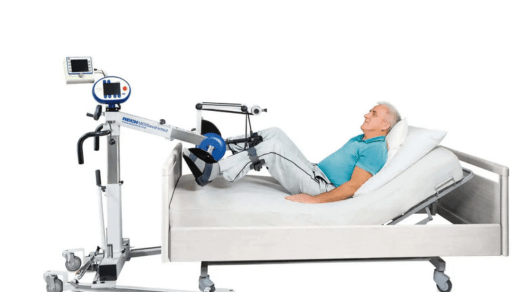
Overcoming addiction stigma through rehabilitation is a transformative process that empowers individuals to reclaim their lives from substance abuse. In this discussion, we’ll explore 15 pros and 15 cons of rehab as a means to combat addiction stigma, emphasizing the significance, benefits, and challenges associated with this critical approach.
Pros of Overcoming Addiction Stigma through Rehabilitation:
- Recovery Path: Rehab provides a structured path for individuals to overcome addiction.
- Professional Support: Individuals receive professional guidance and support.
- Safe Environment: Rehab facilities offer a safe, controlled environment to heal.
- Crisis Intervention: Rehab can intervene during critical addiction moments.
- Personal Growth: It fosters personal growth and self-discovery.
- Counseling Services: Rehab includes counseling to address underlying issues.
- Relapse Prevention: Techniques learned in rehab can prevent relapse.
- Health Improvement: Recovery leads to improved physical and mental health.
- Community Building: Rehab helps individuals build supportive, sober networks.
- Stigma Reduction: Successful rehab stories help reduce addiction stigma.
- Family Healing: Rehab can mend relationships affected by addiction.
- Educational Opportunities: Some programs offer education and skill-building.
- Employment Readiness: It prepares individuals to re-enter the workforce.
- Mental Health Support: Dual diagnosis treatment addresses co-occurring disorders.
- Empowerment: Rehab empowers individuals to take control of their lives.
Cons of Overcoming Addiction Stigma through Rehabilitation:
- Cost: Rehab can be expensive, limiting access for some.
- Time-Consuming: Rehabilitation programs can be lengthy, impacting daily life.
- Resistance to Treatment: Some individuals may resist rehab, delaying recovery.
- Emotional Strain: Rehab and confronting addiction can be emotionally taxing.
- Privacy Concerns: Addiction treatment may raise privacy concerns.
- Stigma: The stigma of addiction may persist even after rehab.
- Relapse Risk: Even after successful rehab, there is a risk of relapse.
- Learning Curve: Adapting to a new, sober lifestyle can be challenging.
- Cultural Sensitivity: Rehab may not always account for cultural differences.
- Rehab Effectiveness: Success rates for rehab can vary widely.
- Support Requirements: Maintaining sobriety demands ongoing support.
- Dependence on Caregivers: Some individuals may become dependent on support systems.
- Limited Access: Not all individuals have access to high-quality rehab services.
- Frustration: Slow progress or setbacks can be frustrating for patients and healthcare providers.
- Invasive Procedures: Some forms of rehab may involve invasive medical procedures.
Overcoming addiction stigma through rehabilitation is a powerful means to empower individuals to lead sober, fulfilling lives. The decision to pursue rehab to combat addiction stigma should consider individual needs, circumstances, and the potential benefits and challenges associated with the process. With the right support and commitment, individuals can break free from the cycle of addiction and reduce the stigma associated with substance abuse.



